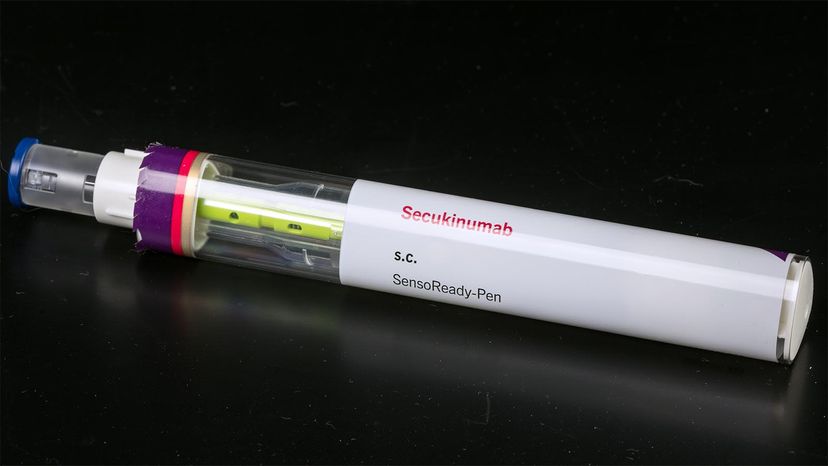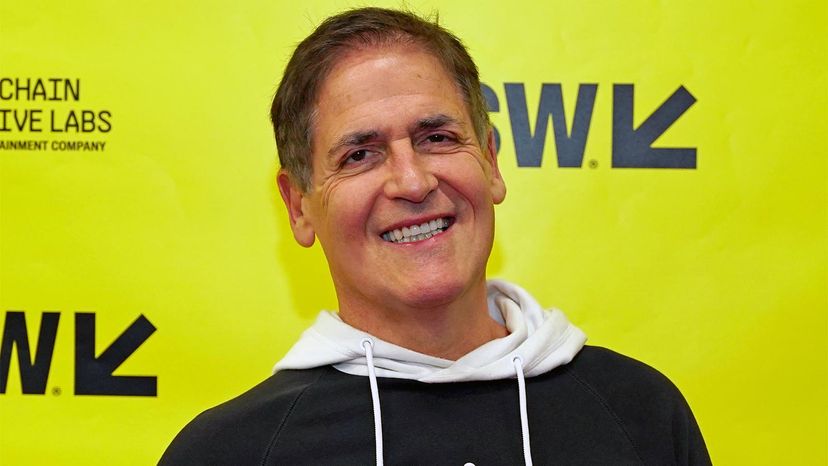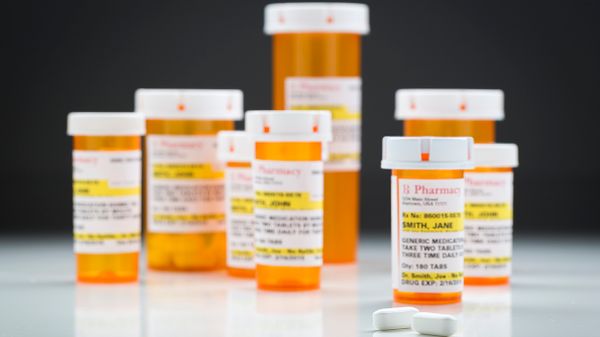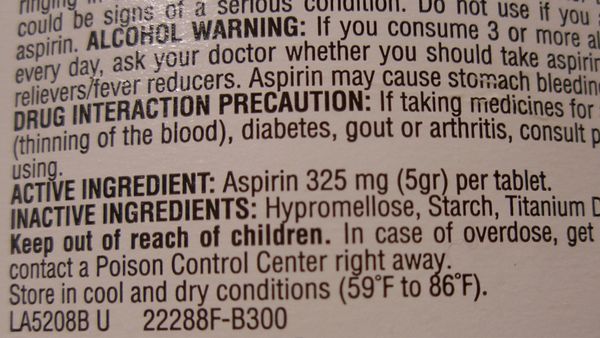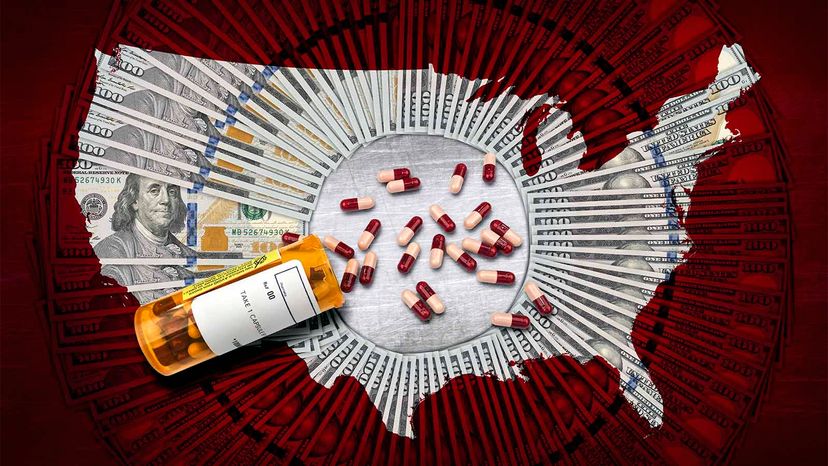
Billionaire business owner Mark Cuban is on a mission to "disrupt" the pharmaceutical industry and sell low-cost prescription drugs directly to Americans. His startup venture, the Mark Cuban Cost Plus Drug Company, is offering steeply discounted prices on hundreds of generic prescription drugs.
Some of the potential savings are staggering. A generic leukemia drug called Imatinib currently retails for $2,502 for 30 100 mg tablets. Cuban's company is selling the exact same medication for just $17.10. In an industry famous for keeping its pricing models in the dark, Cuban's drug company is fully transparent. That $17.10 is exactly 15 percent more than the cost of manufacturing Imatinib ($12) plus a $3 pharmacy fee.
Advertisement
At first glance, Cuban's new online pharmacy couldn't have come at a better time. Americans pay 244 percent more for prescription drugs than any other developed country, according to a 2021 study by RAND. And 7 percent of adult Americans — an estimated 18 million people — reported they can no longer afford to pay for one or more of their prescriptions in a September 2021 West Health and Gallup survey.
But while the Texas billionaire should be applauded for trying to make life-saving drugs more affordable, a single startup isn't going to solve America's prescription drug price crisis, say health care industry reformers. Ultimately, Congress has to rewrite the decades-old rules that let drug companies essentially name their prices and rake in billions in profits.
Advertisement
